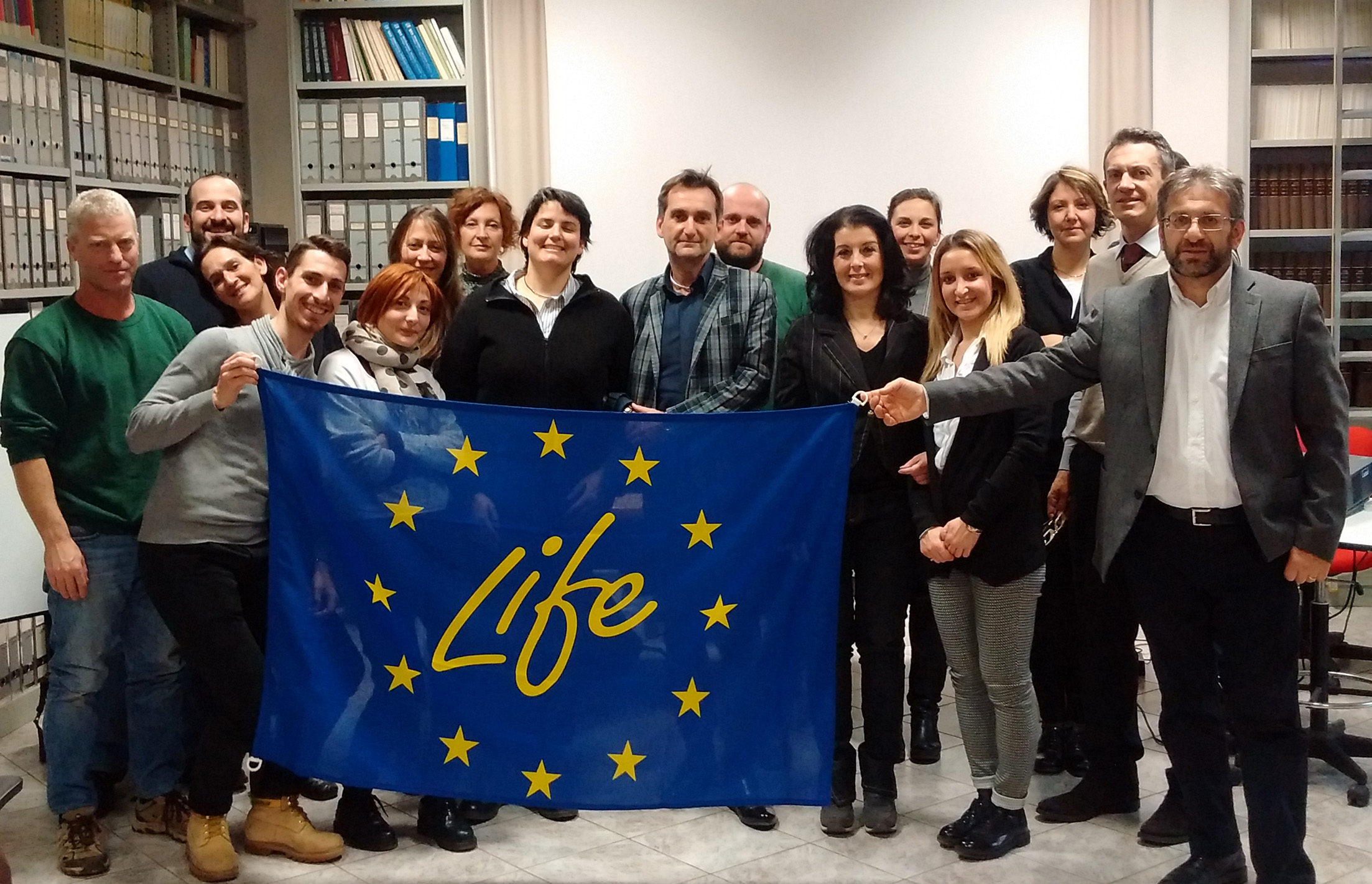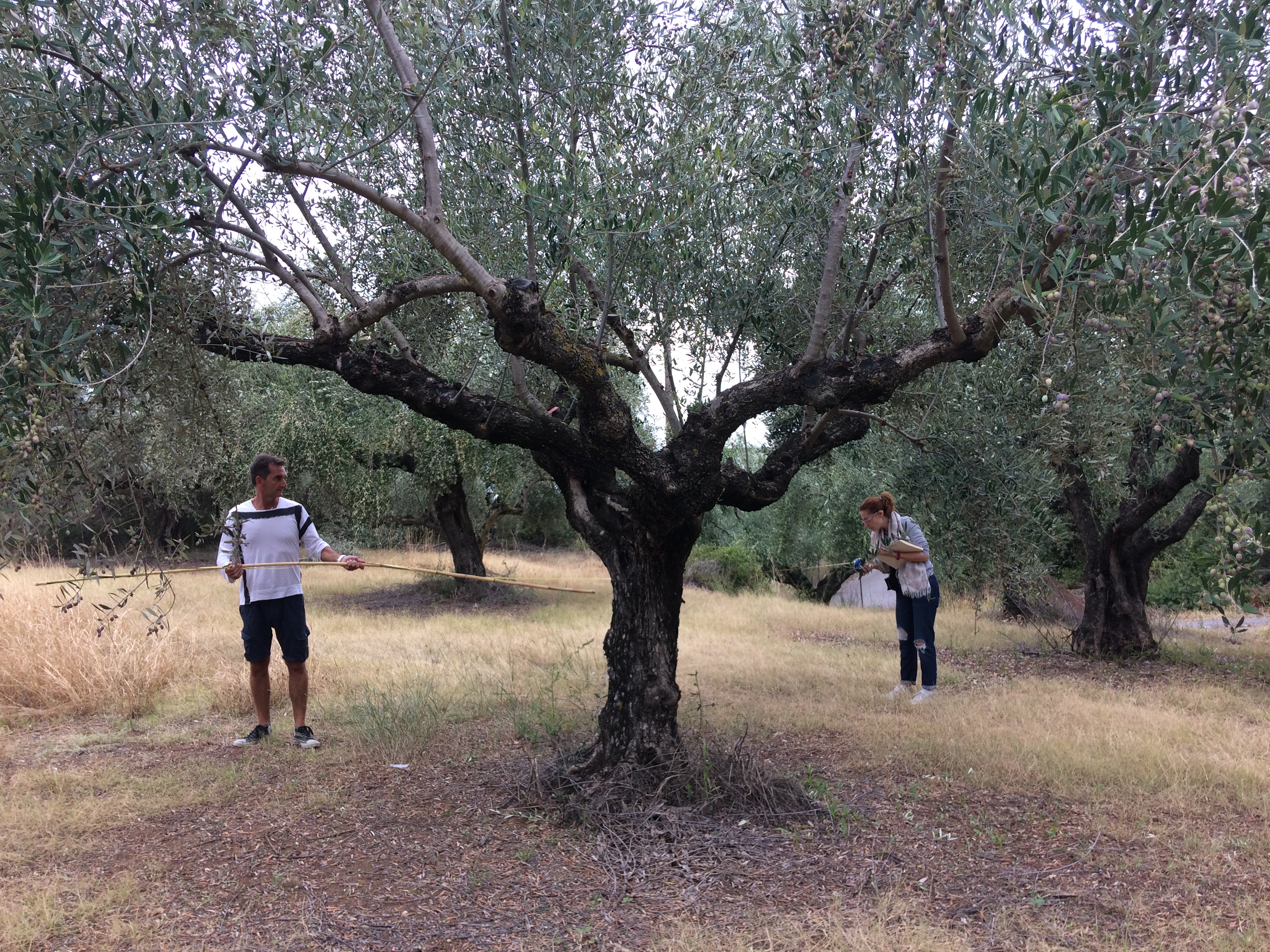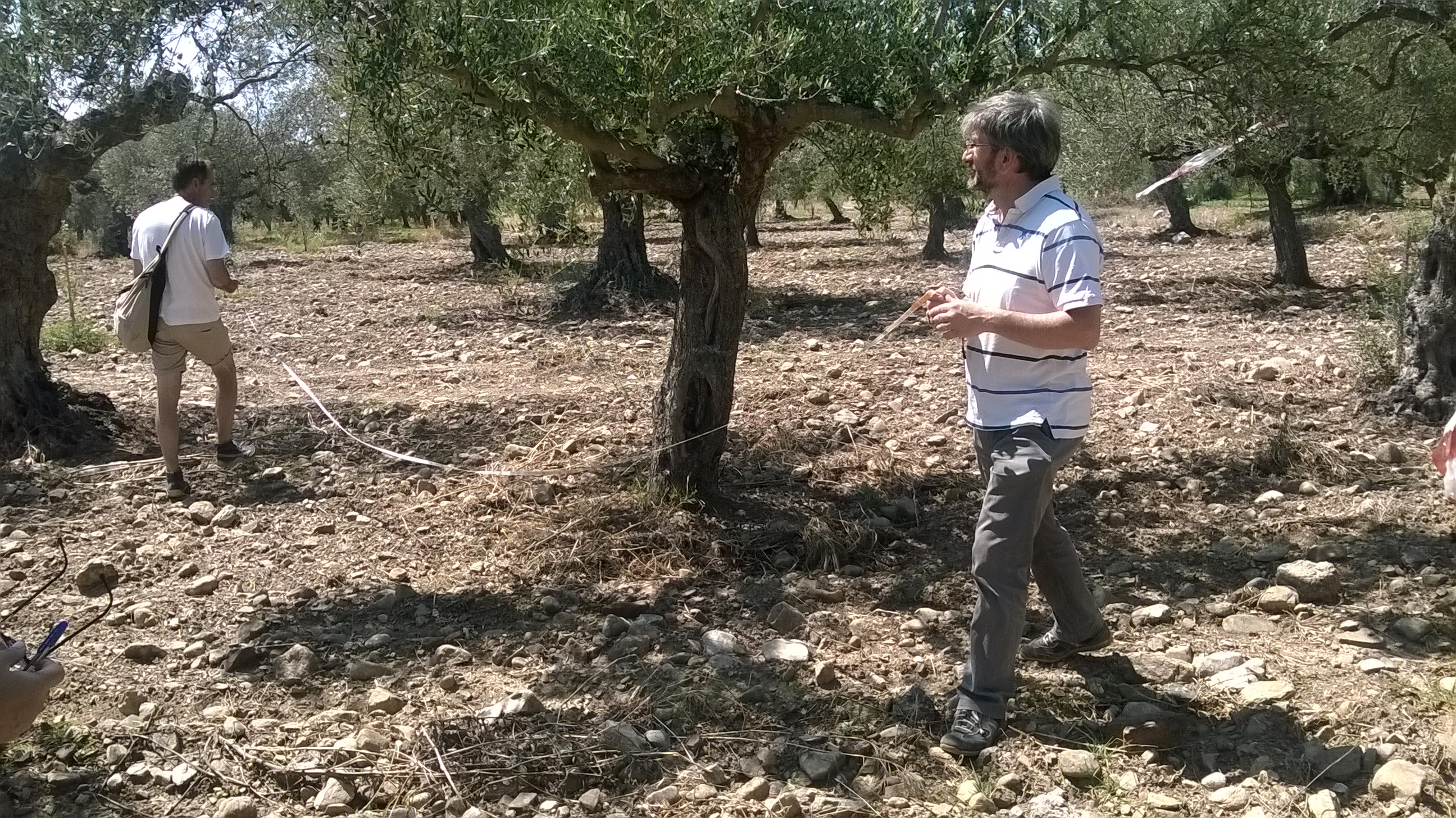September 2019 - OLIVE4CLIMATE
Α) Identity of the project
| Title/ N° |
CLIMATE CHANGE MITIGATION THROUGH A SUSTAINABLE SUPPLY CHAIN FOR THE OLIVE OIL SECTOR |
| Duration |
01/7/2016-30/12/2019 |
| Budget |
Total project budget: 2,397,748 Euro |
|
Beneficiaries |
Coordinating Beneficiary: UNIPG - Università degli Studi di Perugia Associated Beneficiaries: abc - advanced biomass concepts GmbH |
| Location of activities |
Germany: Bremen |
| Website | |
| Contact |
Tina Papasideri |
Description/Aim
The central idea of the project is to evaluate the carbon footprint associated with olive oil production, in order to support the creation of a sustainable supply chain and the improvement of organic products. Particular attention will be given to examining and comparing the results with a view to identifying the growing stages and identifying possible direct and indirect measures to reduce emissions in the olive oil life cycle. The specificity of the project is to calculate the amount of carbon absorbed by the olive grove ecosystem (tree, fruit, pruning, soil) and to compare with the emissions associated with the cultivation process (plant fertilization, soil management, fertilization, pruning, pest management, harvesting, etc.), as well as identifying the "dead spot" after which the amount of carbon stored exceeds emissions related to human activity. The carbon footprint provides the information needed to improve the viability of the environment leading to product certification.
Β) Best Practices
The best practices to date adopted and followed by the participating olive growers as part of the project implementation actions are:
- Use of agricultural pruning for energy or as fertilizer
- Use of photovoltaic systems
The best practices of disseminating information to the general public and encouraging behavior change:
- Dissemination of Results (Workshops, Local InfoDays, Participation in International and National Exhibitions, Personal Meetings)
- Informing producers of the environmental impacts of proper management of olive groves
- Added value of the final product
The best practices expected from the project:
- Reduction of the use of fertilizers
- Use of agricultural pruning for energy or as fertilizer
- Green cover
- Conservation tillage (light)
- Use of olive-pitting machines
- Use of photovoltaic systems
C) Results
Till now:
-Best Practices Handbook on the use of olive cultivation as a means to mitigate desertification due to climate change, reduce emissions and enhance carbon dioxide absorption, as well as soil and waste management in the olive oil sector.
-Improving crop residue management practices (eg pruning, use of alternative energy sources).
Till the end of the project:
- To obtain and verify, in several environmental and climate contexts in the MENA area (Italy, Greece and Israel), replicable solutions and protocols for a sustainable management of the olive oil production and supply chains, i.e. with a lower carbon footprint, reducing the effects of human actions on the environment and climate;
- To obtain innovative and experimental solutions which, through numerical models, allow a correct definition of the olive trees carbon sequestration capacity and an optimization in the implantation processes of new olive trees.
- To monitor the GHG emissions in the olive oil chain supply through the involvement of producers for the fulfilment of a service certification with a direct impact on the product itself – define a product labelling system and quality assurance schemes related to the Life Cycle Analysis and to the carbon footprint evaluation;
- To quantify on the field the technical differences and the socio-economic impact of the strategies identified for climate change mitigation;
- To recognize the olive groves’ contribution to the climate change mitigation through carbon credits certification in the voluntary market, as is already done for the forestry sector, reducing the emissions and enhancing the capacity of carbon storage.
According to the results of the project, innovative cultivation models will be proposed, changing the olive varieties or cultivation techniques used to reduce agricultural inputs and increase the sustainability of the supply chain. The implementation of the project is directed:
- To farmers and business advisers involved in olive and olive management.
- In the industrial sector (for the olive oil sector), thanks to the involved trade unions / agricultural organizations as partners in the project.
- In groups of traders and consumers.
- Other sectors (eg wine sector, kiwi crops, etc.)
A good practice manual, implementation methods, by-products and waste management protocols will be available to the general public through the program's website (www.olive4climate.eu ) which will remain operational after the program ends.
The project envisages the creation of a plan to exploit the results of the project after its expiry (December 2019), which is ongoing and is yet to be completed.
Informing our network of members and information platforms on good practices and project results.
Organization of informative workshops, participation in international and national exhibitions.
Briefing of policy groups (Ministries, Rural Agencies, Interprofessional Organizations) by letters and personal meetings.
Further exploit the results of Olive4Climate, in relation to the agricultural sector, to European and national programs currently being implemented or proposed.





